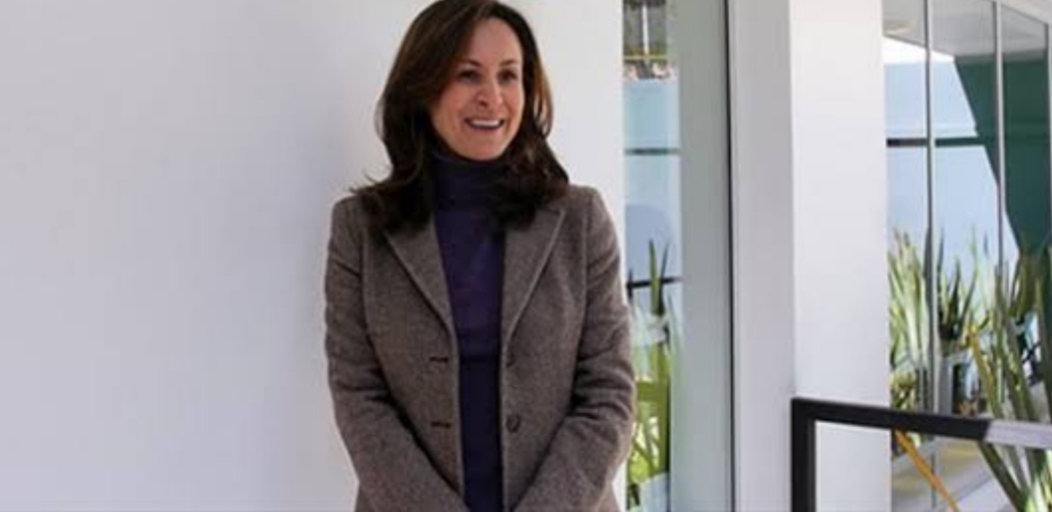By Zayamu Hassan
Governments, Civil Society Organisations (CSOs), Non-Governmental Organisations (NGOs), humanitarian organizations, and community-based organisations must consider addressing gender inequality and the safety of women and adolescent girls in their COVID-19 response and recovery plans.
This should include child health, maternal and sexual and reproductive health services among essential services, and strengthening and reducing gaps in access to the internet and information technologies.
Executive Director of Profamilia, Marta Royo, gave the advice when commenting on the results of a survey christened: ‘Finding Hope: Lived experiences of women, children and adolescents, in their own words,’ which was released recently.
The survey revealed that poor mental health, disruptions to education, loss of income and violence, are some of the worrying consequences of COVID-19 on women, adolescents and young girls.
According to the survey, the experiences of over 30,000 people, mainly women and young people, were documented in 2020 by organizations in Sub-Saharan Africa, Latin America and South Asia.
They found that women and young people are carrying a heavy burden during the pandemic, exacerbating existing forms of bias and discrimination.
However, in her reaction to the survey, Executive Director of Profamilia, Marta Royo, said: “This work showed that, in different contexts and regions, the experiences of adolescent girls and young women during the pandemic are similar.
“To address them, governments, civil society, humanitarian organizations, NGOs and community-based organisations must consider in their response and recovery plans addressing gender inequality and the safety of women and adolescent girls, including child health, maternal and sexual and reproductive health services among essential services, and strengthening and reducing gaps in access to the internet and information technologies.”
The survey, however, showed that the collaborating organizations also identified a range of strategies and approaches being implemented in different countries to address the significant challenges facing women and young people.
On the key findings on the impact of COVID-19, the survey said: “Finding Hope illustrates the heavy burden women and young people have carried during this crisis, with many common concerns echoed across different countries in different regions, from Africa to Asia to Latin America and the Caribbean.
“This suggests experiences of stress and anxieties are rooted in disruptions to daily activities, education and work, restrictions to mobility during lockdowns, and the need for physical distancing.”
The survey further revealed limited access to health information and services and violence as some concerns raised by women and teens who were interviewed.


